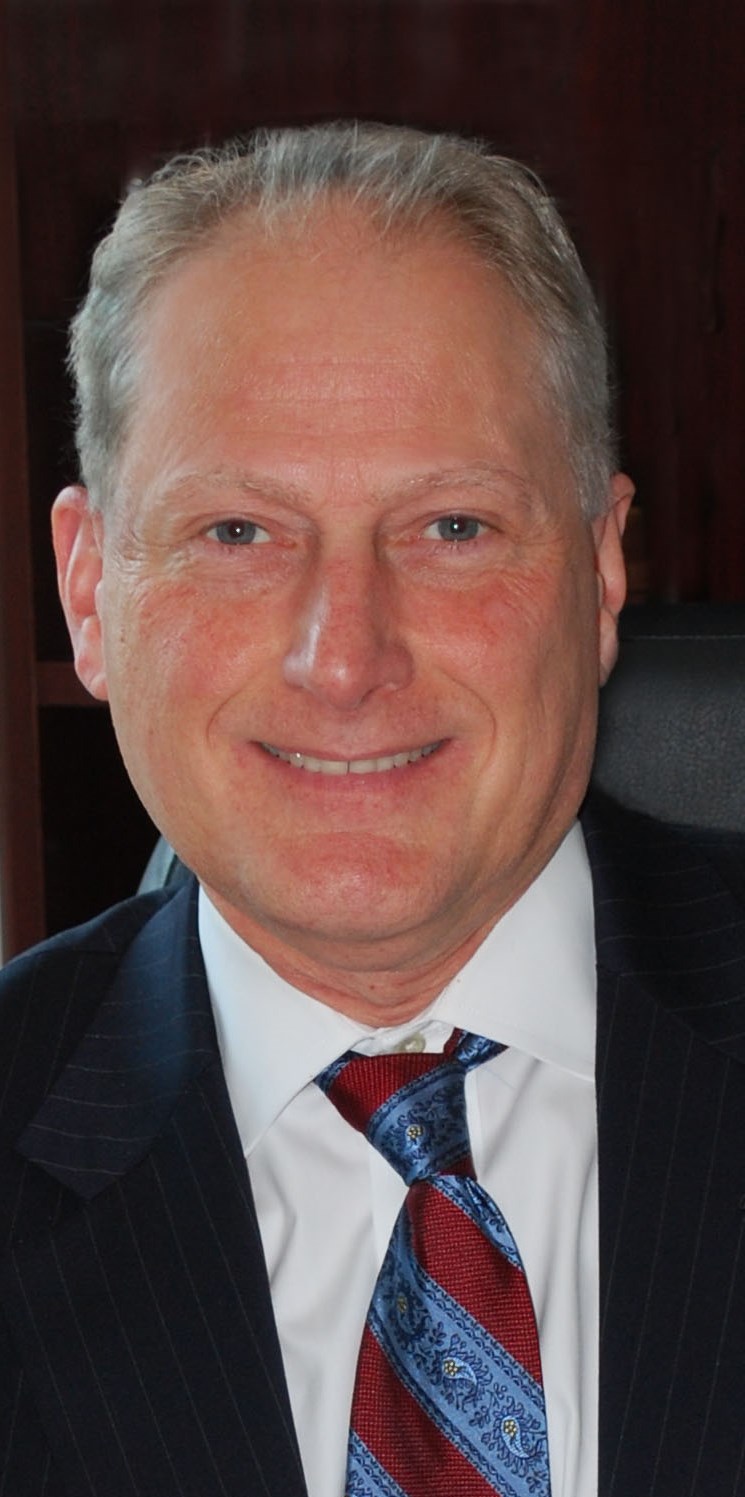Believe it or not, as an adolescent I was reading Freud. I had come across some psychoanalytic words and terms that lead me to purchase a primer on psychoanalysis which outlined a number of Freud’s thoughts and theories. At my young age, I was interested in the field of psychology and found myself trying to figure out what made people “tick.” Looking back, I was more interested in what made me tick and I wanted to further explore my thoughts, feelings, and behaviors. As I read Freud, I became fascinated by the complexity of the human mind and condition. I really didn’t understand all the concepts and ideas I was reading, but I read in awe that people can be as complex as Freud outlined. There seemed to be something “mysterious” going on.
I read more of Freud sporadically, but I kept an interest into my young adult years. In college, I was a psychology major, but as I did the readings little was mentioned of Freud in the textbooks. Freud and psychoanalysis was more or less a footnote. There were so many other psychologists to learn about and much broader information to absorb. Freud became relegated to just another contributor in a sea of other big thinkers.
Fast forward, to about four years ago, I was invited by a colleague to attend a Conversation at the Institute. I enjoyed the topic, found the members to be warm and welcoming, and marveled at the contribution everyone brought to the discussion. I also attended talks with guest speakers that I found captivating. A couple of years later, I became a member of IPS.
Initially, taking classes at the Institute was daunting. I had been working in behavioral health for over 20 years and had been seeing clients in my private practice for ten years. I had worked with different populations of people from children and adolescents to geriatric, the “walking wounded” to people with psychosis. But when I started taking classes in psychoanalysis, things began to get “spooky.”
Understanding psychoanalytic theory and terminology is not quite straightforward. For example, what is an Id, Ego, and Superego and how do they develop and interact? What is our character and how is it formed? How does transference and countertransference play out in analysis? What are defense mechanisms and how do they help us cope with life? And probably the “spookiest” concept of all, the unconscious – how are we to believe that it is so much more powerful than our consciousness (think iceberg) and where does it reside within us? That’s spookier than the movie Friday The 13th. At least in the movie you can see something happening!
Some of the other concepts are just as “spooky.” Drives, affects, instincts, and temperament, what’s the difference? Childhood sexual development, can we even talk about this? Free association, what is this “babel” and what can be garnered from it? The Oedipus Complex, getting rid of dad to marry mom? – now we’re going too far. And probably the spookiest theory of all – the big “L”…as in Libido, the Life force that appears to be inculcated in just about everything we do. And one more, dreams, I can be me or I can be you or you can be my boss or my boss can be my father or my dreams can be “residue” of the day or something from 20 years ago, distillation, fragmentation, condensation, displacement, lions and tigers and bears…spooky!
Now we are all grown adults and there is very little we haven’t seen in all our years. But as we look at only a partial list of psychoanalytic spookiness above, we are asked to believe in things we cannot see, believe in the fact that our consciousness is just the tip of the iceberg, that our unconscious controls our life, and believe that there is a crazy Id that is kept in check by a harsh Super Ego with the Ego being a referee between the two. Is that a UFO in the sky?
I have been a student at the Institute for Psychoanalytic Studies for 2 years now. When I first started the program, I found everything that I was being taught appeared “spooky” to me. However, now my thinking has changed. The theories and concepts from my first year are beginning to align with what I learned in the second year. Psychoanalytic psychotherapy is becoming clearer to me and I am actually beginning to see the some of the concepts come “alive” in my sessions with my clients. I have learned to look for resistances in the sessions, that if something important was missed, chances are that it will repeat in future sessions, and perhaps most important, I learned to let the patient make an interpretation about their own dreams. Although I am not totally “there” in my understanding of psychoanalysis, I look forward to further understanding of the concepts in the future. Now that’s really not so “spooky” after all.
Robert C. Ciampi, LCSW is the author of the book, When to Call a Therapist (Scriviner, 2019), writer, media contributor, and psychotherapist in northern New Jersey. www.rciampi.com


